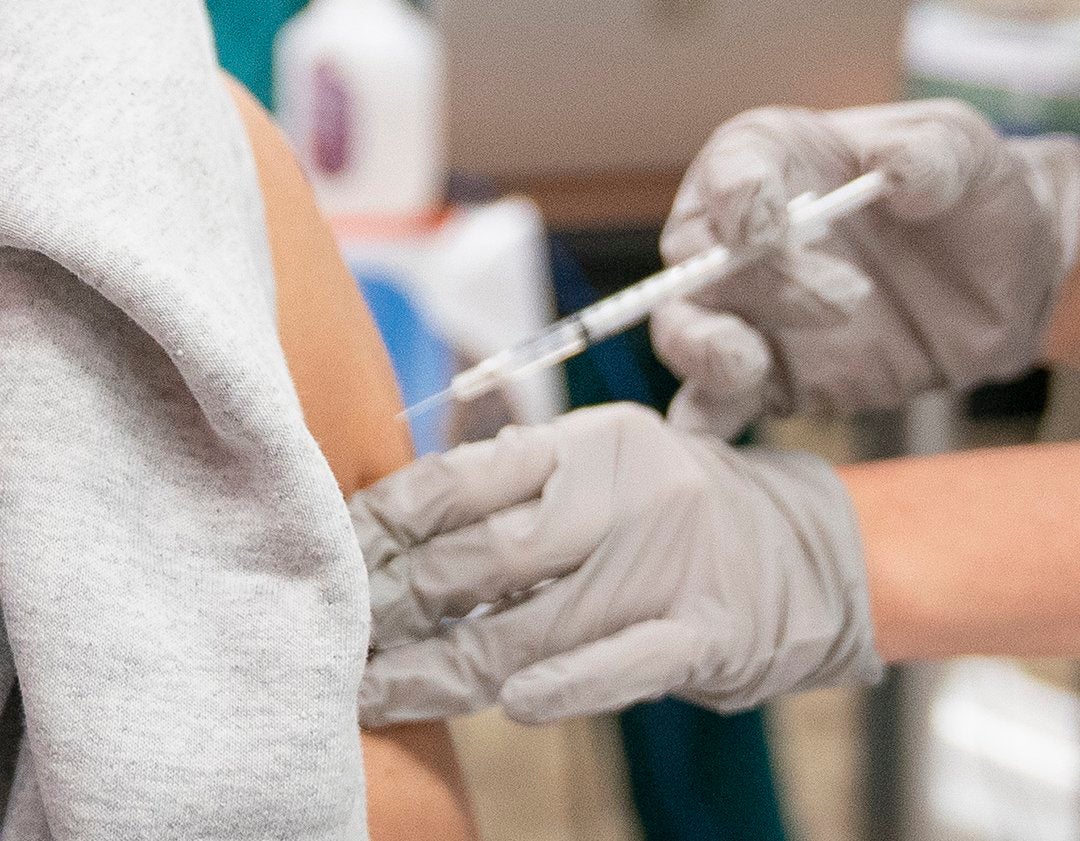While the focus remains on getting more people vaccinated, health professionals are also looking into the long-range impact of COVID-19.
Dr. Linda Bell, state epidemiologist for the South Carolina Department of Health and Environmental Control (DHEC), said state officials are hoping to get 70% of residents vaccinated by July 4, especially as they learn more about long term health concerns in recovered COVID-19 patients.
MORE: Researching the Long-Term Health Impact of COVID-19
“We’re learning more and more about the long-term effects of COVID infections, even mild infections. Effects on many organ systems like the heart, the kidneys, the lungs, behavioral and mental changes. People having that information, I hope, will help us get our vaccination rates higher,” said Dr. Bell.
Those long-term impacts also have the attention of researchers at Augusta University. The university recently announced a program called CONGA, COVID-19 Neurological and Molecular Perspective Cohort Study in Georgia, will be conducted at the Medical College of Georgia.
Spokeswoman Lisa Kaylor said researchers are still recruiting patients: “We currently have a little more than 200 enrolled in the CONGA study with more visits scheduled over the next month.”
They hope to enroll 1,000 patients.
Georgia residents interested in participating in the study can email CONGA@augusta.edu.
[adrotate banner=”54″]
Looking at vaccination rates in South Carolina, Dr. Bell said the number of young people getting shots remains disappointing.
She said, “That particular age group is at higher risk because they’re more socially active. We’re seeing a higher proportion of cases in that young adult group.”
Dr. Bell warned COVID-19 will continue to spread until more people are vaccinated.
Augusta University spokesperson confirms the Delta variant has now been detected in Georgia. There are fewer than 20 cases reported so far.
DHEC says the Delta variant has not yet been detected in the Palmetto State, but variants are another reason why people need to get vaccinated.
MORE: Helping People Get COVID-19 Vaccinations
Dr. Bell told reporters all the variants are more easily transmissible person-to-person.
“But I will say the variants that concern me the most are the ones that have not yet emerged,” she warned.
Current vaccines have proven to be effective against the existing variants.
Dana Lynn McIntyre is a Staff Reporter with The Augusta Press. You can reach her at dana@theaugustapress.com.
[adrotate banner=”49″]











